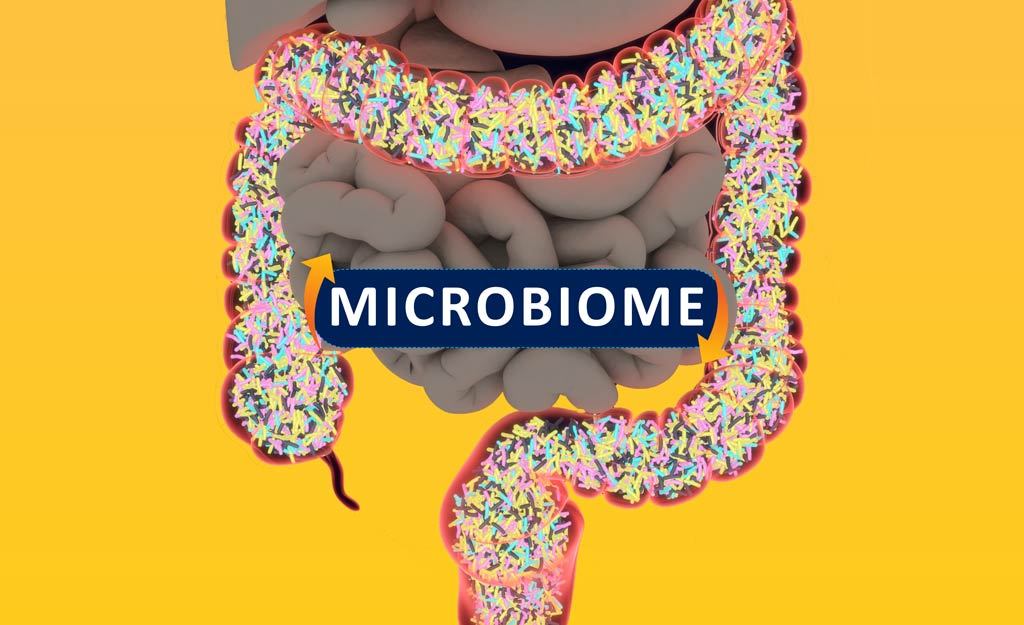
Is your gut health stopping you from losing weight?
The Human Microbiome
The microbiome describes the community of microorganisms (such as bacteria, viruses and fungi) that live in or on the human body.
Your body is home to trillions of bacteria and other microbes, collectively known as your microbiome, which live primarily in the gut.
We have developed a symbiotic relationship between our own cells and these organisms, that can be both beneficial and harmful to our bodily processes.
Obviously, there are harmful organisms that directly cause symptoms, such as the influenza virus; however, the microbiome describes the range of organisms that have developed within the human body since infancy, or in utero, and which are critical to our survival.
These organisms make up approximately 50% of the cells in your body! The latest research indicates that an "average human" would have approximately 30 trillion human cells, and approximately 39 trillion microbial cells... It's worth noting that these figures would vary widely according to age, sex, weight and height - but the overwhelming evidence is that the microbiome plays a critical role in our overall health.

This delicate relationship between human and symbiotic organisms influences virtually every process in our body. When the balance is disturbed through medications such as antibiotics, GMO foods, processed foods, alcohol and even stress, then health problems follow.
A healthy, balanced microbiome helps control the immune system, regulates the digestive system, produces hormones, regulates our appetite - and even our brain function and mood is linked to these microbes.
Since the turn of the century, we seem to have become phobic of any microorganisms, believing that they all cause disease... Nothing could be further from the truth. In fact, science is now discovering the extent of this; and understanding how a balanced microbiome can treat a wide range of health issues. And recognising how some of these issues were initially caused by the destruction of this symbiotic relationship.
Our food chain has been denatured due to this phobia, with the processing of food aimed at destroying bacteria in food - such as pasteurisation of dairy and irradiation of imported foods.
So we are left in a sticky mess, and the image below illustrates the correlation between antibiotic overuse and the incidence of obesity.

One of the common side-effects of a disrupted microbiome is an imbalance in the gut.
This imbalance then affects our glandular system through many different pathways - from hormone production to disruption in appetite control mechanisms, and increased levels of food cravings.
The microorganism balance develops in response to what we feed them. If you feed your body sugary foods or even alcohol, then these bacteria flourish, because it's their role to digest these foods.
The problem begins when you don't feed them, they can trigger food cravings and even cravings for alcohol. The end result is a range of health conditions such as obesity, hormonal imbalances, inflammation, allergies and immune disorders to name a few.
With the over-prescription of antibiotics and our tendency to wash every part of our body several times a day, it leaves our body susceptible to overgrowth of harmful or opportunistic organisms.
To remedy the situation you need to feed your body beneficial microorganisms.
The best way to get these microorganisms is through fermented foods. Acidophilus powder is ok, but fermented foods work much better. Good examples are sauerkraut, kimchi, kefir, natural yoghurt and fermented vegetables. Certain foods also encourage their growth - such as asparagus, onions, leeks, radish, turnips, cabbage and sprouts.
Once you balance the microbiome you will find your appetite reduces, blood sugar balances, hormones regulate and weight normalises.





















